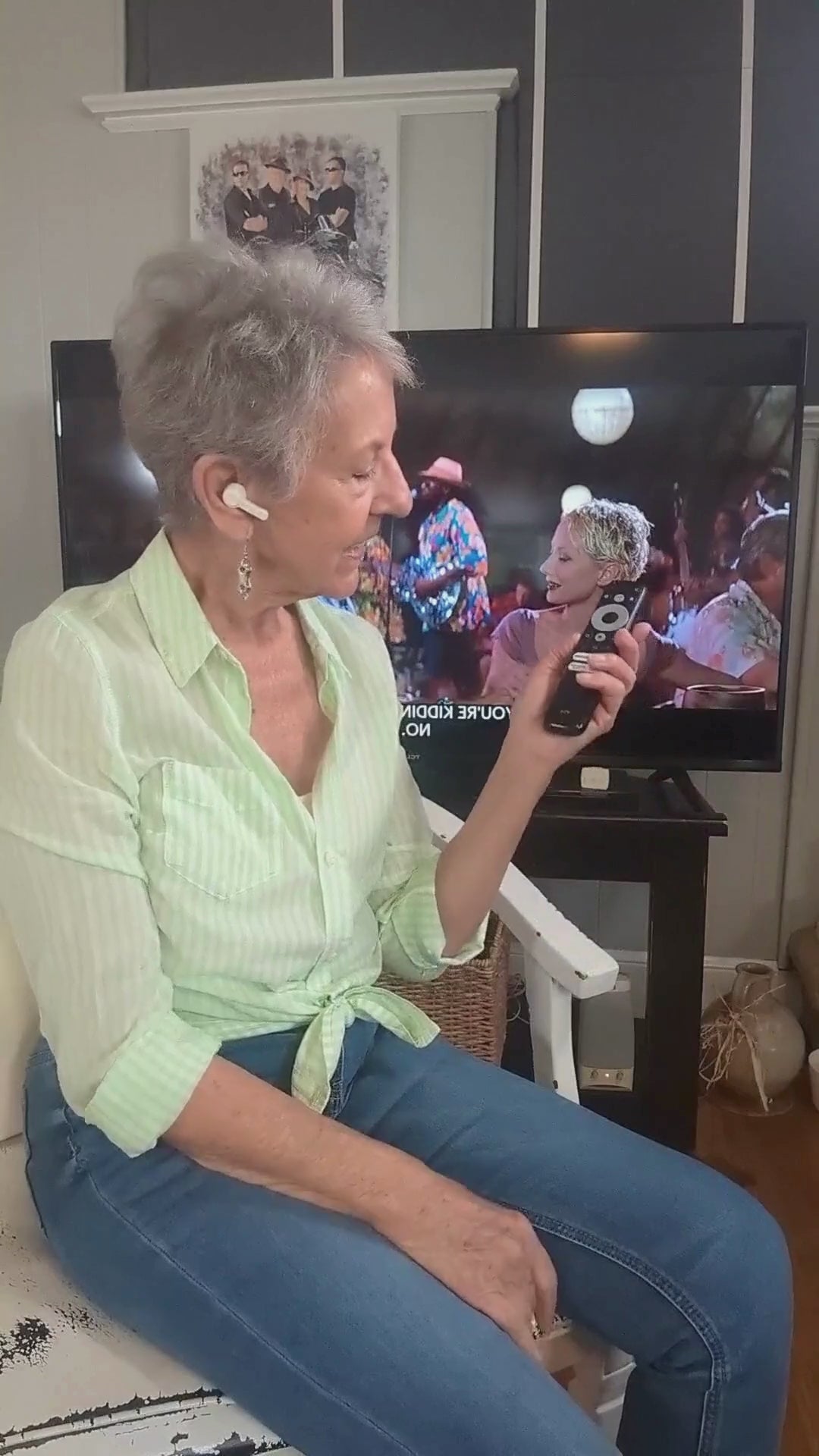Introduction
The decision to embrace hearing aids is a significant step towards enhancing your auditory experience, but the journey doesn't end with the purchase of the device. Adapting your body to the use of hearing aids involves a multifaceted approach, encompassing physical adjustments, mental acceptance, and lifestyle changes. In this guide, we'll explore the various aspects of this adaptation process and provide valuable insights sponsored by Mimitakara, a brand committed to not just providing cutting-edge hearing aids but ensuring a smooth transition into a world of clearer, richer sounds.
Understanding the Adaptation Process
- Psychological Acceptance:
The first hurdle in adapting to hearing aids is often psychological. Understandably, it might take time to come to terms with the need for assistance in hearing. Acknowledging and accepting this reality is a crucial step towards a positive adaptation.
- Patience is Key:
Just like any lifestyle change, adapting to hearing aids requires patience. Your brain needs time to adjust to the new auditory input, and your body needs time to get accustomed to the physical presence of the device.
- Educate Yourself:
Learning about the functionalities of your hearing aids and the benefits they bring can contribute significantly to the adaptation process. Knowing what to expect and how to make the most of your device empowers you on this journey.
Physical Adaptations
- Getting Comfortable:
Wearing hearing aids is a sensory experience, and ensuring comfort is paramount. Experiment with different earpiece sizes, and if applicable, explore behind-the-ear (BTE) or in-the-ear (ITE) styles to find what suits you best.
- Practice Daily Maintenance:
Keeping your hearing aids clean and well-maintained is crucial for optimal performance. Establishing a routine for cleaning and checking your device ensures longevity and reliability.
- Gradual Wear:
Initially, wear your hearing aids for short periods, gradually increasing the duration. This allows your body to acclimate to the new sensations without overwhelming your auditory system.
Social and Lifestyle Adjustments
- Communication Strategies:
Engage in open communication with friends, family, and colleagues about your hearing aids. Educating them on how to effectively communicate with you can make social interactions smoother.
- Explore Assistive Technologies:
Embrace the advancements in technology that complement hearing aids. Smartphone apps, captioned telephones, and other assistive devices can enhance your overall communication experience.
- Join Support Groups:
Connecting with others who have undergone a similar adaptation process can provide invaluable support. Online or local support groups offer a platform to share experiences, tips, and encouragement.
Mental and Emotional Wellness
- Seek Professional Guidance:
If the psychological aspect of adapting to hearing aids becomes challenging, seeking support from a mental health professional can be immensely beneficial.
- Celebrate Small Wins:
Acknowledge and celebrate the small victories along the way. Whether it's understanding a conversation in a noisy environment or comfortably using your hearing aids for an extended period, every achievement is a step forward.
- Stay Positive:
Maintaining a positive mindset is key to a successful adaptation. Focus on the newfound opportunities for connection and enjoyment that hearing aids bring to your life.
Adapting your body to the use of hearing aids is a transformative journey that requires time, patience, and a proactive approach. Mimitakara, with its commitment to providing state-of-the-art hearing aids, understands the significance of this adaptation process. Empower yourself with the knowledge and tips shared in this guide, and let Mimitakara be your companion on this exciting journey towards a world of clearer, more vibrant sounds.
If you would like to learn more about hearing aids, feel free to contact us.










